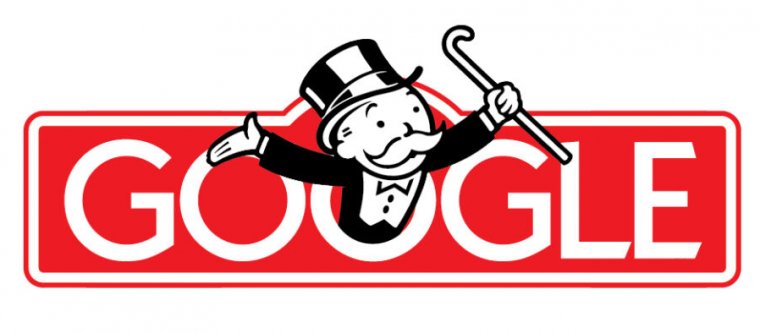Is the rest of the world next? —
App store owners won’t be able to lock developers into their 30 percent fees.
Ron Amadeo
–

Enlarge / Let’s see, you landed on my “Google Ads” space, and with three houses, that will be $1,400.
Ron Amadeo / Hasbro
South Korea will soon pass a law banning Apple’s and Google’s app store payment requirements. An amendment to South Korea’s Telecommunications Business Act will stop app store owners from requiring developers to use in-house payment systems. The law also bans app store owners from unreasonably delaying the approval of apps or deleting them from the marketplace, which the country fears is used as a method of retaliation. As The Wall Street Journal reports, the law has passed South Korea’s National Assembly (the country’s Congress equivalent), and President Moon Jae-in is expected to sign the bill into law.
In the rest of the world, Apple and Google get a 30 percent cut of most app purchases, in-app sales, and subscriptions, and the companies don’t allow developers to use alternative payment options. Once the bill passes in South Korea, app developers will be free to search for a payments provider that offers them the best deal. Google’s and Apple’s stores do provide some benefits, like user authentication for purchases, friction-free purchases thanks to stored payment information, and easy data hosting and distribution for digital goods. If developers don’t need any of those things or are willing to roll their own solutions, standard credit card processors usually only take a 1-3 percent cut of sales.
The Verge received statements from both Google and Apple. A Google spokesperson told the site, “Just as it costs developers money to build an app, it costs us money to build and maintain an operating system and app store. We’ll reflect on how to comply with this law while maintaining a model that supports a high-quality operating system and app store, and we will share more in the coming weeks.”
Apple touted the safety of its locked-down ecosystem, saying, “The proposed Telecommunications Business Act will put users who purchase digital goods from other sources at risk of fraud, undermine their privacy protections, make it difficult to manage their purchases, and features like “Ask to Buy” and Parental Controls will become less effective. We believe user trust in App Store purchases will decrease as a result of this proposal—leading to fewer opportunities for the over 482,000 registered developers in Korea who have earned more than KRW8.55 trillion to date with Apple.”
Neither Google nor Apple provides exact app store revenue numbers, but analytics firm Sensor Tower estimates that the App Store facilitated $72.3 billion in global spending in 2020, while Google Play did $38.6 billion. In South Korea, Samsung dominates the smartphone market (and a bunch of other markets—Samsung is around 10-20 percent of South Korea’s GDP) with 67 percent market share in Q1 2021, according to Counterpoint Research. Apple picks up most of the rest with 22 percent. In third place, with 10 percent market share, is another Korean company, LG, which quit the smartphone market in July 2021. With such a focus on Android, the bill has apparently been nicknamed the “anti-Google law” in South Korea.
The South Korean law is the latest strike against Google’s and Apple’s app stores. Epic Games, the company behind the hit game Fortnite and the Unreal Engine, has been battling Google’s and Apple’s app store rules around the world, either with lawsuits or through talks with regulators. In the US, Google is being sued by 36 states, and some states are considering passing their own app store rules. Epic, Spotify, MatchGroup (the owners of Tinder), and several other app developers have formed the “Coalition for App Fairness” advocacy group to push back against exorbitant app store fees.

